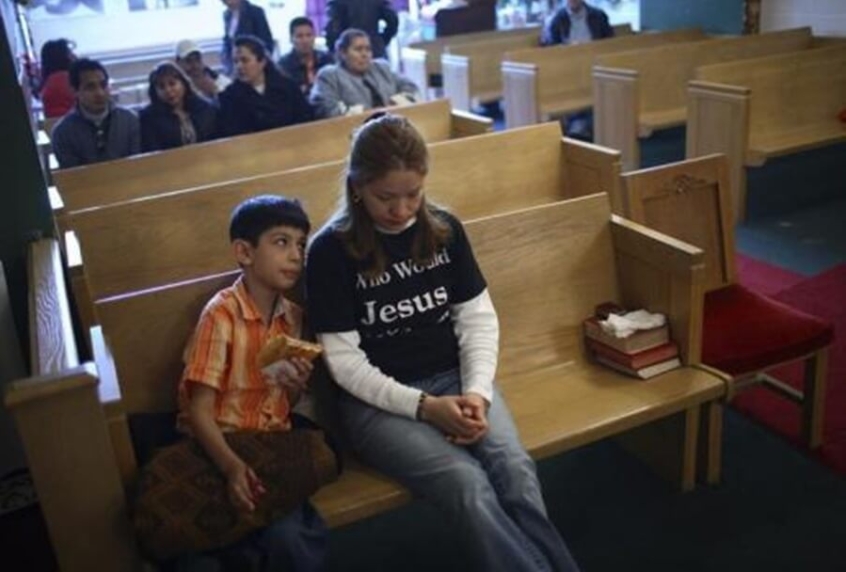
Americans are leaving religion because of a host of reasons such as generational divide and individualistic orientation, according to a professor on religious studies.
A Pew Research Center survey in 2014 revealed that 23 percent of American adults described themselves as atheists, agnostics or said their religion is "nothing in particular," up from 16 percent in 2007.
In Arizona, 27 percent of the respondents said they don't have religion, an increase from 22 percent in 2007, The Arizona Republic reported.
"When the younger generation is showing that kind of a trend over seven or 10 years, it really appears to be something that is going to just grow larger and larger," explained Linell Cady, director of the Center for the Study of Religion and Conflict at Arizona State University and professor of religious studies.
She said there are many reasons why this trend is happening. One of them is that there is a increasing "individualistic orientation" in the U.S.
"Americans are increasingly not becoming involved in civic organisations in the way that they had been. ... So if you think about it that way, religion is one more arena where people are less inclined to be joiners," she said.
A 2013 Pew survey showed that in 2008, 3 percent of American adults said they joined social media group about political issues. This increased to 12 percent in 2012.
Out of the 22 Arizonans who replied to a Public Insight Network survey about being religiously unaffiliated, six responded that they had a community that replaced religion in their lives.
The increasing trend away from religion among millennials is blamed on their opinions about religious institutions.
Cady said many millennial Americans don't have a favourable view of religious organisations.
Millennials who said churches and religious organisations have a positive effect on the direction of the U.S. decreased to 55 percent in 2010 from 75 percent in 2015.
A Gallup poll showed that 41 percent of Americans have a great deal of confidence in organised religion.
Cady said the "democratisation of morality" is also a factor why people left religion.
"I think what's happened over the last few decades is more and more Americans realised that you can be an atheist, you can be a humanist and not be immoral," she said. "I think as more and more people 'come out' in public life — like the 'new atheists' or the humanists — you're finding more and more people who are being emboldened to say, 'Okay. I'm not really religious either.'"













